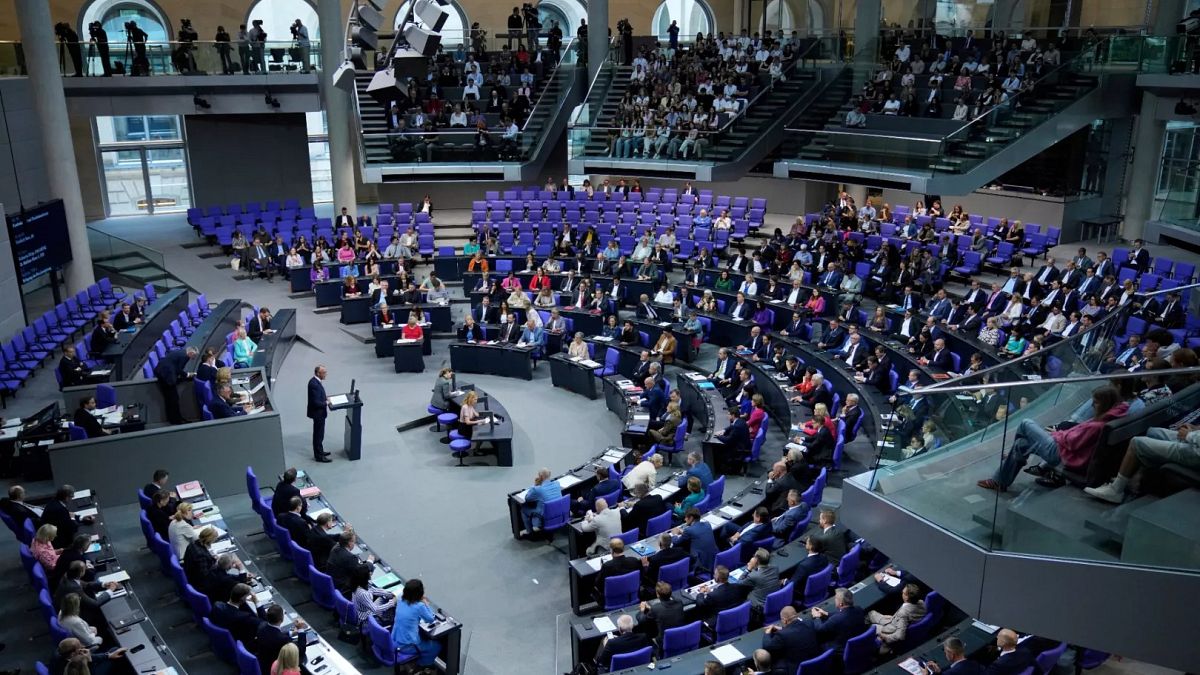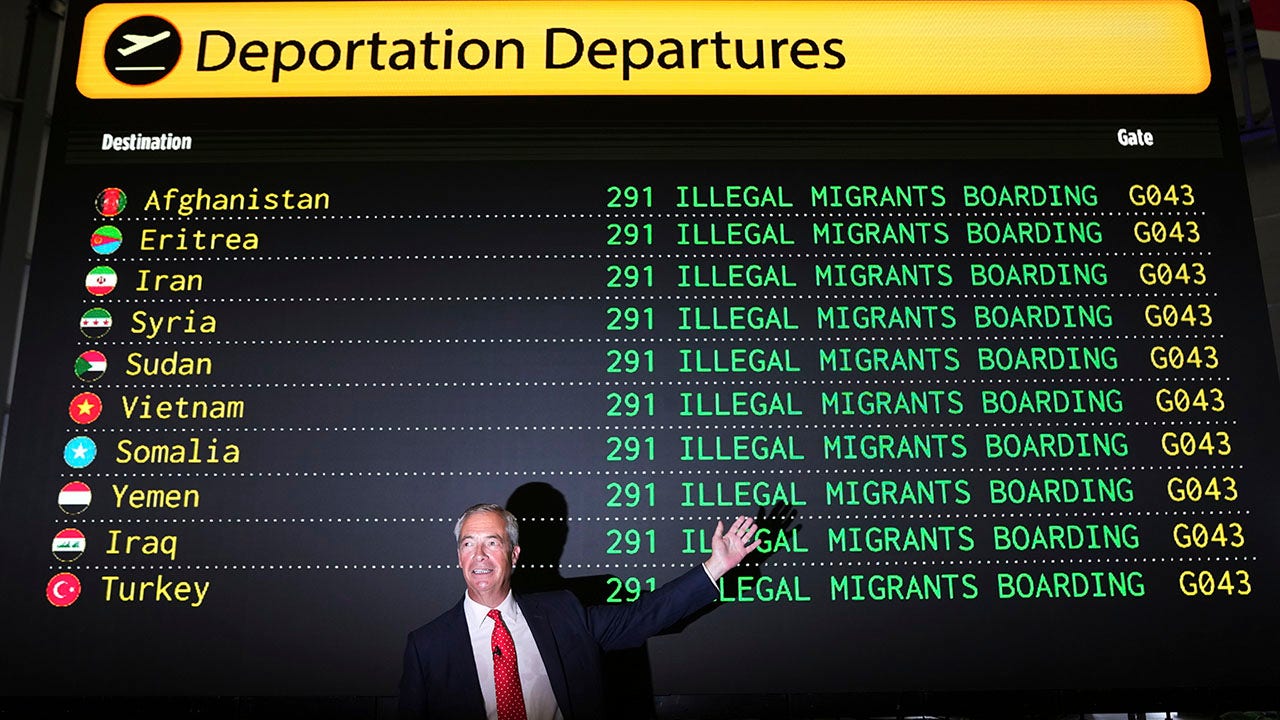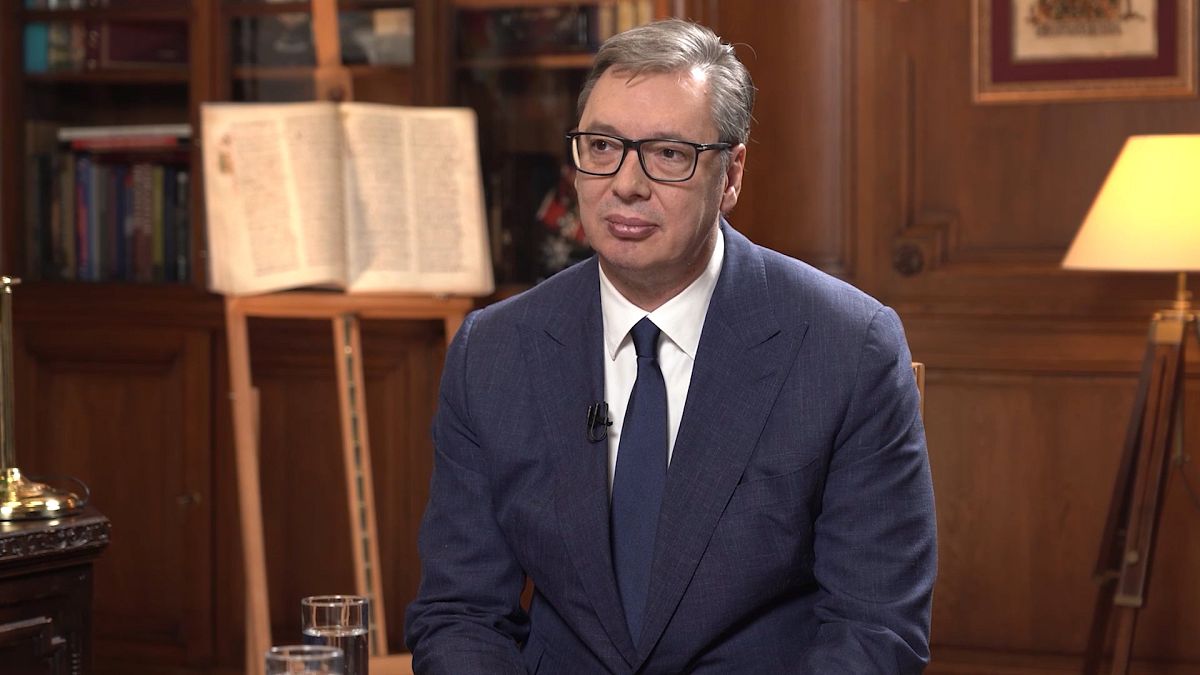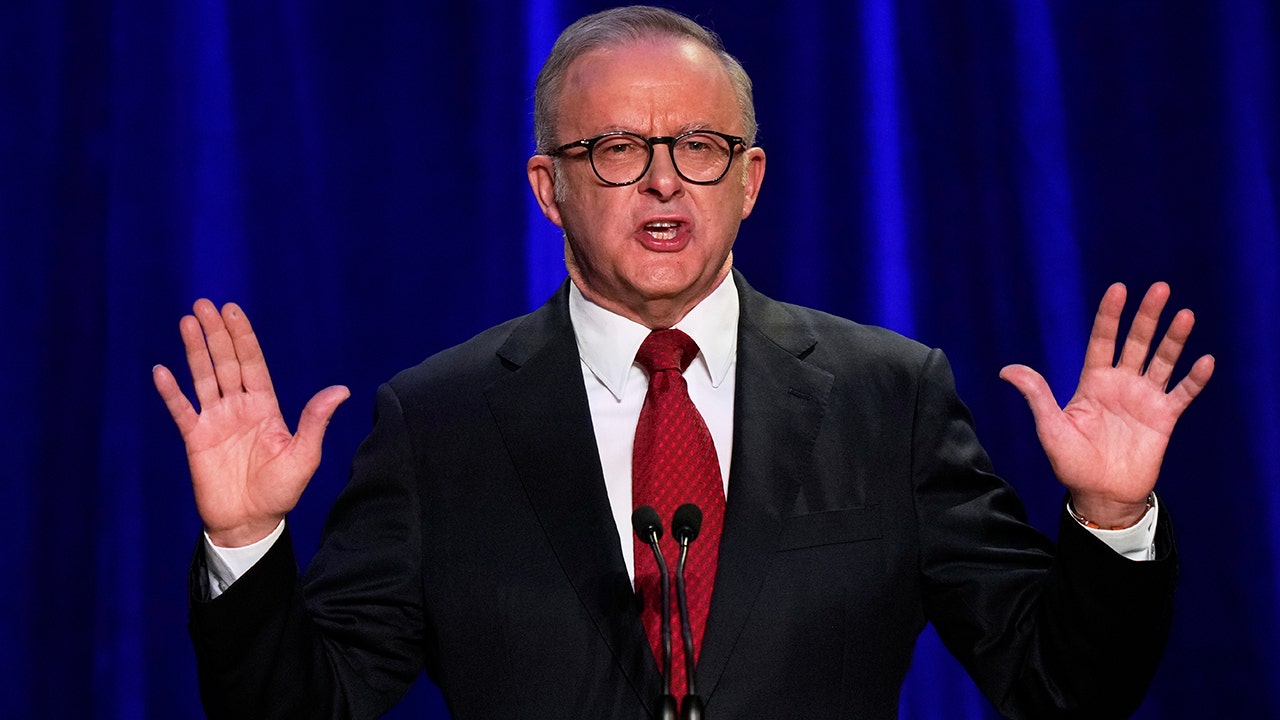ADVERTISEMENT
More and more lawyers, politicians and journalists are criticising the German government’s hotline policy of establishing reporting centres against “hate and agitation on the internet.”
These centres are often funded by the state or are even state-run. But there are worries that opinion is too often mistaken for hate.
In some cases, 6 am police raids have reportedly occurred at the homes of ordinary citizens who posted memes critical of the government (“insulting politicians”) during Germany’s previous so-called traffic light coalition government.
Two such reporting NGOs in Germany are now labelled as so-called “trusted flaggers”. As part of the EU’s Digital Services Act (DSA) regulation, they are tasked with removing illegal content from the internet.
But some legal experts believe that the private reporting centres are too close to politics and fear that content could be reported when it may turn out to be authorised as opinion after all.
“Trusted flaggers are controversial because they are semi-governmental organisations that are financed by the state with large sums of money and de facto decide what is legal and what is not,” Lawyer Ralf Höcker told Euronews.
“It’s a form of state censorship, you could call it the Ministry of Truth.”
According to Höcker, there are now “numerous connections” between the appointed trusted flagger organisations and politics and political parties, adding that “this cannot end well.”
‘It’s not right to continue down this path’
Scepticism is also emerging within the ruling CDU party. “It is absolutely not okay to continue down this path,” CDU lawmaker Saskia Ludwig told Euronews.
“Commissioning private companies to sift through what is and isn’t allowed on the internet, I’m not the only one who is sceptical about this, I know that many in the parliamentary group are too,” she pointed out.
SPD MP Parsa Marvi explains why his party disagrees.
“In our view, the point is that platforms and social media are not a legal vacuum, where justiciable criminal offences take place, such as hate speech, defamation and threats like bullying. All of these things must be taken very seriously,” he told Euronews.
This is why the European Commission has established the trusted flagger instrument, says Marvi, “to make this illegal, criminal content reportable”.
“Nothing will be deleted,” he emphasised. “The trusted flaggers report on the basis of the guidelines and legislation and the platform decides and checks.”
But as government-funded NGOs are often seen as “trusted whistleblowers”, social media platforms usually react quickly when they flag content or risk penalties.
In addition, the reporting centres verify that the online platform has deleted the post following the deletion request. In other words, the pressure on online platforms to press “delete” is very high.
At the same time, freedom of expression is a valuable asset in Germany. The highest court therefore often makes the final decision as to whether an opinion is still admissible.
The German government has also reintroduced the offence of lèse majesté during the second lockdown in the coronavirus pandemic.
The offence means that in certain cases, criticism of the government that constitutes insult or defamation against political figures is subject to criminal prosecution in Germany.
Specifically, Section 188 was amended by law, adding “insult” to the offence in addition to “defamation” and “slander”. The offence was also extended to include local politicians.
During the last federal government, hundreds of complaints were filed by politicians across the party spectrum under the amendment. So much so that initial statistics have already been compiled.
Robert Habeck of the Greens, for example, filed 805 criminal complaints. The Greens’ Annalena Baerbock filed 513, Marco Buschmann of the FDP 26, and Boris Pistorius of the SPD 10, among others.
Politicians from other parties such as the CDU and AfD have also filed criminal complaints against insults from citizens.
This includes AfD leader Alice Weidel, who has filed hundreds of complaints for insults online and has also made use of Section 188, even though her party is in favour of abolishing it.
CDU leader Friedrich Merz, before he became chancellor, had also filed several criminal complaints for insulting behaviour, which in some cases led to house searches.
Former Chancellor Angela Merkel (CDU) did not file a single complaint against a citizen for insulting behaviour during her time in office.
Criticism of politicians that is considered offensive is also reported by trusted flaggers. One of these, Respect, passes reports directly to the Federal Criminal Police Office, although this is not required in the DSA.
CDU politician Saskia Ludwig is alarmed. “I grew up in the GDR, I’m very sceptical about the fact that portals are being created so that anyone can report anyone. But the trusted flaggers are not controlled, that’s not possible,” Ludwig said.
It suggests that conflict within the German government may be imminent. In the coalition agreement, it was agreed that “false factual claims are not covered by freedom of expression”.
Germany is further ahead than other countries with Trusted Flagger. 14 EU countries have still not appointed them.
Reporting centre receives up to 95% government funding
Documents made available to Euronews show that the Respect reporting centre appointed by Germany as a trusted flagger is 95% government-funded, using money from the “Demokratie Leben” programme of the Ministry of Family Affairs.
German MEP Friedrich Pürner has requested the documents that prove this from the Network Agency.
When asked, the Network Agency explained that “even public or semi-public organisations” can be “approved as trusted flaggers”. What’s more, government grants “do not prevent certification”.
Organisations like Respect would be receiving hundreds of thousands of euros in government funding each year. The Baden-Württemberg Youth Foundation will receive €424,562 in 2025, while HateAid will get €424,823 this year.
‘Other opinions could be silenced’
“It is highly interesting that the ‘Respect’ reporting centre is predominantly financed by state funds. Only around 5% comes from its own funds,” Pürner, who was a member of BSW until this year, told Euronews:
The network agency has examined independence from online platforms, but “there was no critical scrutiny of state independence,” he added.
“My fear is that only opinions or statements accepted by the state and the government will be accepted,” Pürner explained.
“Statements to the contrary, on the other hand, could be defamed, deleted and thus silenced.”
This reminds him strongly of his “own experiences during the coronavirus pandemic,” Pürner said.
Pürner, originally a doctor from Bavaria, headed a Bavarian health authority until the end of 2020, but was then transferred after criticising the coronavirus policy measures.
He told the Berliner Zeitung newspaper: “When I criticised the coronavirus measures, I was seconded within a few days with the aim of a permanent transfer.”
Read the full article here















